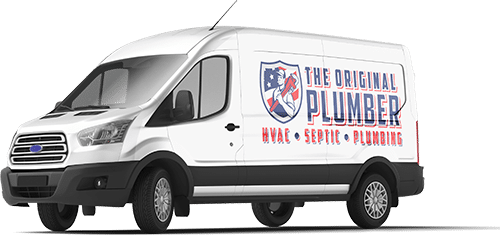A drainage system removes wastewater from homes and businesses. A clogged drain can result in many issues that are a hassle to fix. You may end up with sewage backup, water damage, or flooding in your home. These issues can become very costly to repair. You prevent them by taking time and putting effort into maintaining your drains regularly.
1. Set Grease Aside
A quick way to clog your drain is by pouring cooking grease down it, such as when you are cleaning your dishes. Some fats and oils solidify when they cool down. Once these substances have cooled down and hardened, they will clog your drain.
Instead of pouring oil, butter, or grease into the sink, put it into a container, and throw it in the trash. Before washing any of your dishes, remove the excess food or grime accumulated on the plate. This includes ketchup, crumbs, and other food particles. Use hot water to wash your dishes, as cold water will help solidify grease.
2. Use a Drain Trap
A drain trap is a U-shaped pipe that keeps sewer gases from entering your home. It is positioned below your sink, bathtub, and toilet. It also prevents sewage from coming up into your home. The trap works by using a siphon action. When the water drains from your sink, it pulls the sewage.
Without this system, your bathroom and kitchen would be susceptible to smellier odors. Most building codes require both drain and sewer lines to be trapped. Inspect your drain trap often to ensure it is free of debris and other clogging materials. This will help ensure it is doing its job correctly.
3. Avoid Chemical Pipe Cleaners
Many drain cleaners contain chlorinated chemicals that are unhealthy for humans or your home. Some of these cleaners corrode the pipes. Corroded drains may crack and break, causing a leak. The chemical-based cleaners also create large amounts of toxic fumes that get into your bathroom.
Rather than using chemical cleaners, use a drain-cleaning product that is non-toxic and biodegradable. These products are often referred to as enzymatic cleaners. They are made from natural ingredients. Green cleaners do not contain chlorine or other harsh chemicals. As a result, they are less toxic and more eco-friendly.
4. Clean Constantly
The water will be drained through a series of holes and screens. These holes are known as trap points. Small particles and grime can build up in these traps, making it hard for the water to move freely.
Inspect your plumbing regularly for signs of clogs. Sometimes a sink will have draining problems due to hair or another blockage. If you notice a persistent slow drain, call a plumber for a thorough inspection.
5. Use a Water Softener
Hard water contains a lot of minerals and metals. These minerals are left behind after the water has been used. This residue can accumulate inside pipes and water fixtures. The buildup makes it difficult for the water to flow freely. A professional plumber may recommend installing a water softener.
A water softener removes these minerals and metals. Soft water is better for your skin and helps prevent soap scum buildup on your sinks and showerheads. You can use a portable water softening unit if you have a lot of hard water buildup.
A simple maintenance plan can save you a lot of time and money. Investing in regular drain inspections and cleaning will go a long way toward keeping your home safe from damage due to clogged drains. Contact The Original Plumber for all your drain cleaning needs in Atlanta, GA. Our expert plumbers provide 24-hour service.




